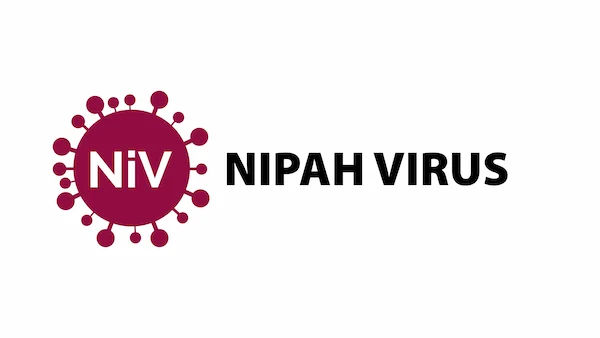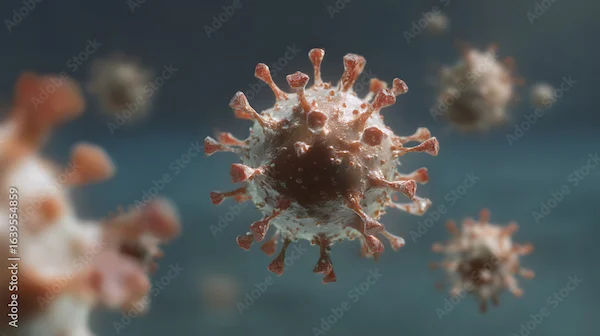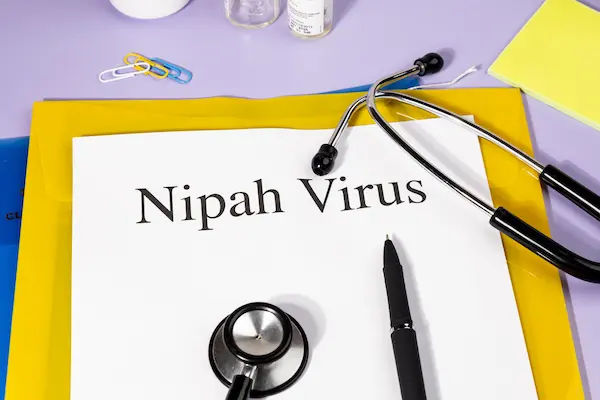- male
- 35 Years
- 22/01/2025
I'm super worried and need some clarity. So back in 2001-2002, I got bitten by a dog but didnt get any vaccines then. Jumping ahead 5-6 years later, I started getting anxious about it and took 3 rabies vaccines in 2008. Since then, Ive had a total of 12 rabies vaccines between 2008 and 2012, taking them post-exposure. Does that mean I'm still at risk of rabies in the future because I took the vaccines late? Also, last year I went to a mela and had dinner at a hotel where the food was kept on the floor in a container. Later, I started stressing out about whether a dog might have eaten that food too. I've heard rabies has an incubation period of 1-3 months. Im past 67 months now, so is there still a risk? Some people suggest getting tests like the Nuchal biopsy Rabies Antibody test. This is all overwhelming, and I could really use some advice.
Answered by 1 Apollo Doctors
Given your concerns, I'll provide a detailed response to help alleviate your worries.
(i) Dog bite in 20012002 and subsequent vaccinations
You received a dog bite in 20012002 but didn't receive immediate post-exposure prophylaxis (PEP). Later, between 2008-2012, you received a total of 12 rabies vaccinations.
The risk of developing rabies in this scenario is extremely low.
Multiple factors contribute to this assessment:
- Time elapsed: The dog bite occurred over 20 years ago, and you've received multiple vaccinations since then.
- Vaccination regimen: You've completed a series of vaccinations, which provides robust immunity against rabies.
- Immune system response: Your immune system has likely developed a strong response to the vaccinations, further reducing the risk of developing rabies.
(ii) Concerns about food exposure at a hotel
You're worried that a dog might have contaminated the food you ate at a hotel. Even if a dog had come into contact with the food, the risk of transmitting rabies through contaminated food is extremely low.
Key points to consider:
- Rabies transmission: Rabies is primarily transmitted through the saliva of an infected animal, usually through a bite. Indirect transmission through contaminated food or surfaces is highly unlikely.
- Incubation period: The incubation period for rabies is typically between 2-10 weeks, with most cases occurring within 2-3 months. Since you've already passed the 6-7 month mark, the risk of developing rabies from this incident is negligible.
- Testing and diagnosis: Nuchal biopsy and rabies antibody tests are typically used to diagnose rabies in symptomatic individuals. Given your asymptomatic status and the low risk of exposure, these tests are unlikely to provide any valuable information.
Dr. Kareemulla Suggests...
Consult a Infectious Disease specialist
Answered 04/07/2025
0
0

More Infectious Disease Health Queries
View allI'm really worried because I had unprotected oral sex with a commercial sex worker back in October 2020. Since then, Ive had persistent lymphadenopathy. I've taken numerous tests: HIV Tridot on December 6th came back negative, HIV ELISA on December 16th also negative. I had an HIV-1 RNA PCR test in the first week of January which was negative, and then HIV-2 RNA PCR and western blot on January 19th also negative. Even tests like the HIV duo on January 30th and western blot on February 10th were negative, and I did assessments at the 7-month mark including HIV duo, western blot, HIV qualitative RNA PCR, and ICTCall came back negative. Should I still be worried about HIV?
no need to worry follow your doctors advice
Answered by 1 Apollo Doctors
I'm really worried because I was bitten by a dog and someone mentioned it could be rabid. How long should I be on the lookout for symptoms of rabies to show up? I've heard it can vary. Can you tell me what the shortest and longest time frames usually are for most people?
Loose and painful testicles can be concerning. Possible causes: 1. Varicocele (enlarged veins) 2. Hydrocele (fluid accumulation) 3. Epididymitis (inflammation) 4. Testicular torsion (twisted spermatic cord) Nutritional deficiencies are unlikely to be the primary cause. The urologist's assessment and echo test results suggest no underlying structural issues. However, to alleviate symptoms, consider: 1. Wearing supportive underwear 2. Applying warm compresses 3. Managing stress 4. Maintaining a healthy lifestyle Schedule a follow-up with your urologist to re-evaluate and address any concerns.
Answered by 1 Apollo Doctors
I'm a bit worried and could use some advice. So, about 20 days ago, I got bitten by a dog and went through the whole rabies vaccination process with the 4 shots. Am I okay to be intimate with my wife now?
yes
Answered by 1 Apollo Doctors
Disclaimer: Answers on Apollo 247 are not intended to replace your doctor advice. Always seek help of a professional doctor in case of an medical emergency or ailment.




